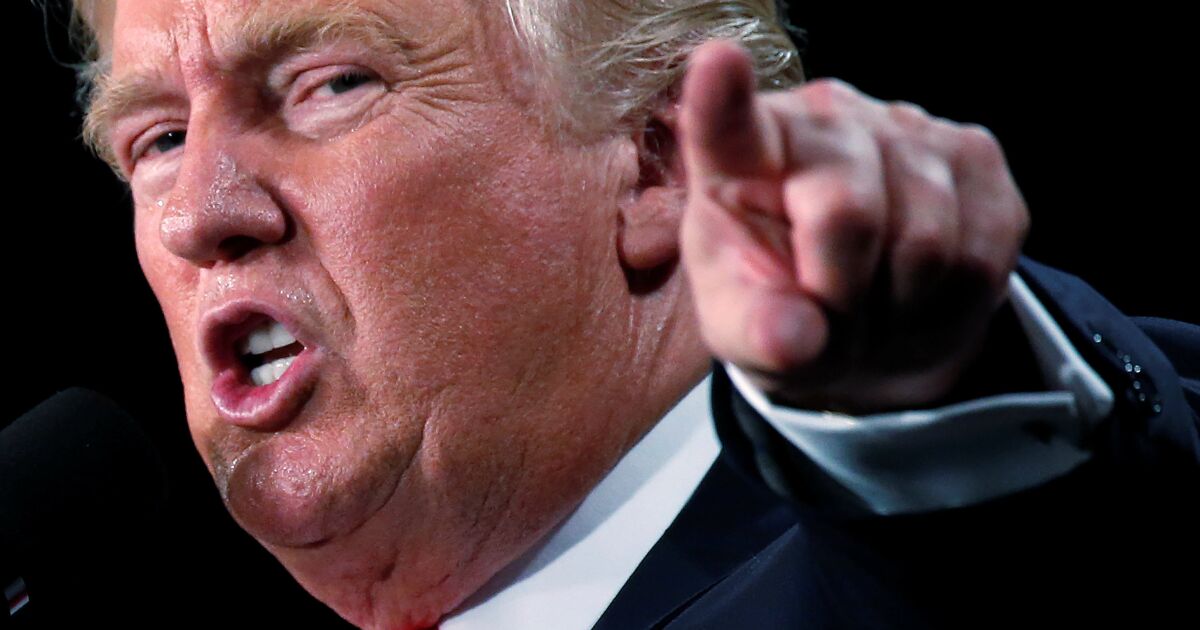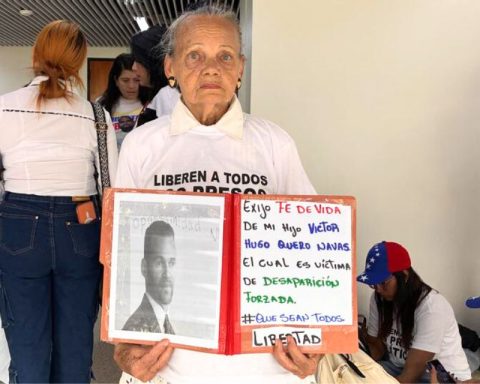Calculating the damage…
The American Action Forum (AAF), led by former Congressional Budget Office director Douglas Holtz-Eakin, has conducted an assessment of the economic impact that Trump’s 10% tariff proposal would have on the United States and its trading partners.
First, the average additional costs per American household are estimated to be between $1,700 and $2,350 annually.
The United States’ top 10 importing partners, accounting for nearly 70% of all imports, would be hit by tariffs of up to 3% of their GDP.
But for Mexico, its main trading partner, the aggregate impact of tariff increases would reach up to 5% of GDP.
While retaliatory tariffs against the United States could amount to $200 billion in the event of a tit-for-tat trade war, the AAF notes.
Tariffs would violate T-MEC, but it is not an impediment
Juan Carlos Baker Pineda, an expert trade negotiator and former Undersecretary of Foreign Trade, explains that the Republican presidential candidate’s idea is in complete violation of the treaty between Mexico, the United States and Canada (T-MEC).
“It would also be something that would go against the United States’ trade commitments. On previous occasions, we have seen that Donald Trump does not limit himself or stop himself due to these types of circumstances. I think that we have to look at it very carefully. If he is saying that, we have to take it seriously and be ready,” he told Expansion He is also an academic at the School of Government and Economics of the Pan-American University in Mexico City.
With the tone of a tightening of trade measures under Trump, if he wins the presidential elections, Mexico must defend itself with everything, because in 2026 there will be a review of the T-MEC.
“The results are spectacular, and in that sense there is very little that can be reproached about the Treaty. It has increased trade and investment. There are things that we can do better, without a doubt, but I think that Mexico should actually fight for the revision of the treaty to be just that, an adjustment in certain disciplines.”
Baker also said that one should not lose sight of the fact that Canada also has a role to play in this and will have its own ideas and priorities.
The paradox of Trump’s protectionism
Mónica Lugo Aranda, a former USMCA negotiator, points out that while Trump’s proposed tariff would affect Mexican exports, the biggest impact would be on the United States itself.
“Who is going to pay the price for this? Well, it is going to be the American consumer. It is a paradox, because saying that the US economy is going to be protected and that inflation is going to improve is contradictory, because if you raise tariffs on products, the end consumer is the one who is going to pay for it and then it becomes an inflationary circle,” he explains.
Another point against the United States is that Mexico can also retaliate if Trump or whoever imposes tariffs.
“Entering into such a dynamic leads to chaos. It is not something that suits the United States, because it has already fought with China, which was its number one supplier. Now, Mexico is its number one supplier and wants to do the same to us. So, where are they going to get all these products from,” says Lugo Aranda, who agrees with Baker that Mexico should not open itself to a renegotiation of the T-MEC in 2026.
















